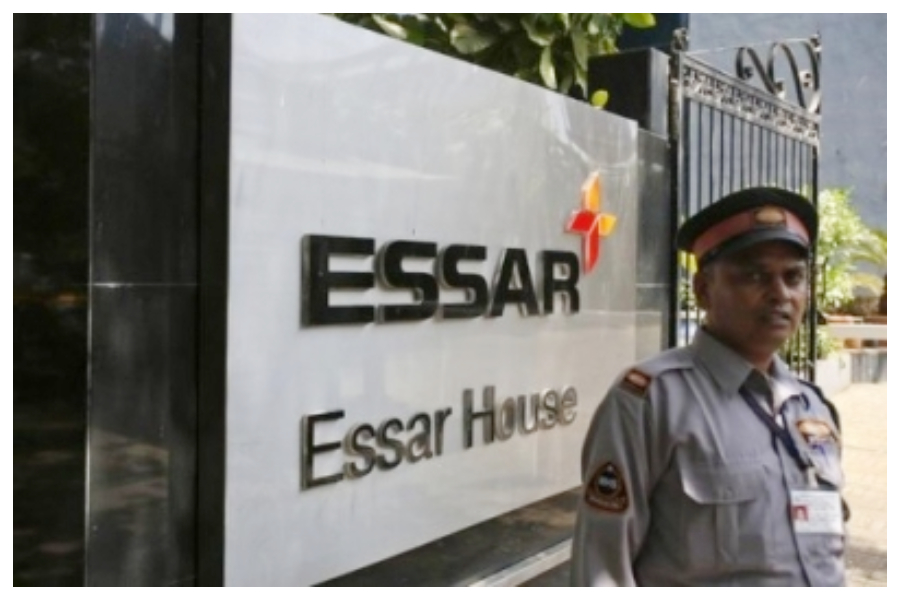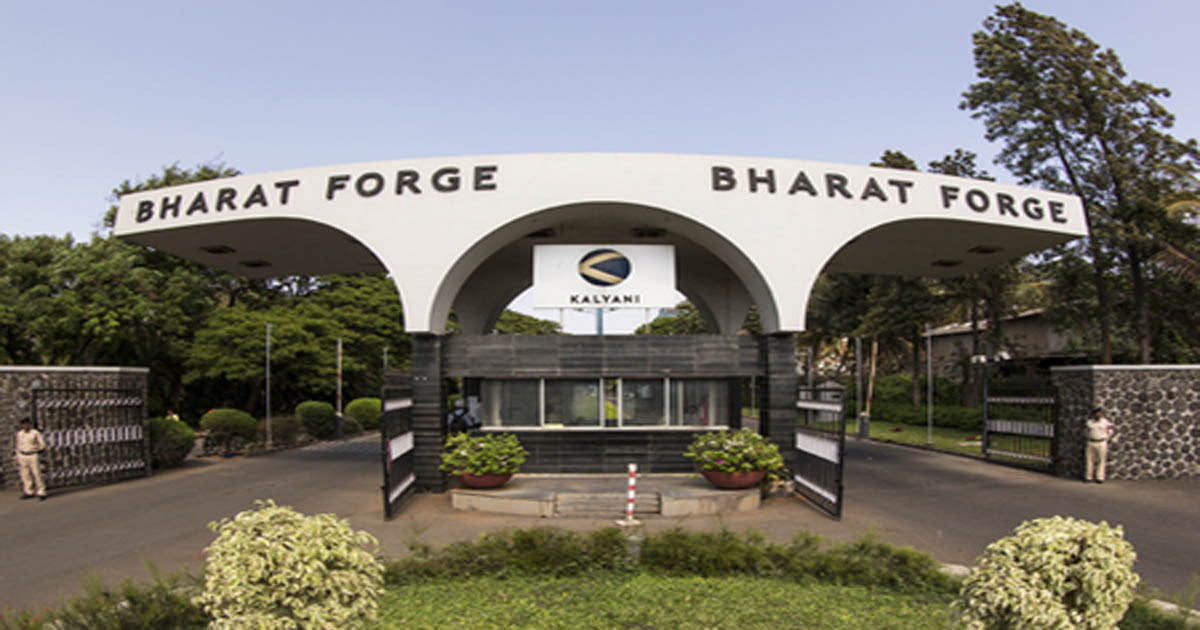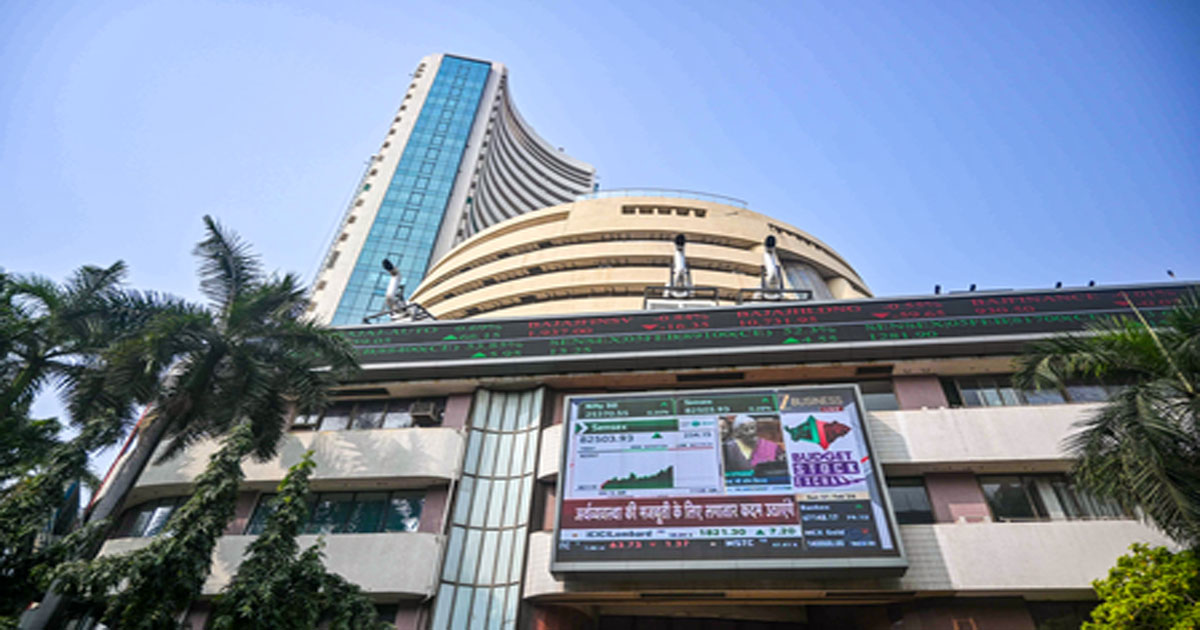Business
Essar sets up Vertex Hydrogen to help drive energy transition in UK

Essar has formed Vertex Hydrogen Limited, a transformative new joint venture, with Progressive Energy, to build the UKs largest hydrogen hub at the Stanlow Manufacturing Complex.
Led by Essar as the majority shareholder, Vertex Hydrogen has been formed to provide the catalyst for development of a hydrogen economy across North West England and North Wales, as a central part of the HyNet decarbonisation cluster.
This initiative is a core part of a wider strategy by Essar globally to focus on investing in energy transition through the transformation of existing portfolio companies, and investments in new ventures.
Providing low carbon hydrogen across North West England and North Wales
The UK’s first low carbon hydrogen facility at Essar Stanlow will sit at the heart of the HyNet low carbon cluster, to produce a total of 1GW per year of hydrogen, across two units, from 2026. This is equivalent to the domestic heating energy used by a major British city region, such as Liverpool.
Waste fuel gases from Essar Stanlow, and natural gas, will be converted by Vertex Hydrogen into hydrogen, with carbon dioxide safely captured and stored by HyNet partner Eni SpA, underground offshore in Liverpool Bay. The hydrogen production hub will provide low carbon energy to replace fossil fuels in industry across the HyNet region, as well as heating homes, and fuelling buses, trains and trucks.
A total investment of approximately 1 billion pounds will be committed to deliver the hydrogen production hub.
The hydrogen produced will, in the first instance, be utilised by Essar to reduce its carbon footprint at the Stanlow Manufacturing Complex. In addition, Vertex will also provide low carbon hydrogen to a wide range of businesses, including companies from the chemicals, ceramics, paper, glass and flexible power generation sectors, such as Tata Chemicals Europe, Encirc, InterGen, Solvay, Ingevity, Novelis, Glass Futures and Saica Paper, all having expressed interest already. More widely in the region, companies such as Pilkington are demonstrating use of hydrogen in their facilities. Cadent Gas Ltd is also developing the UK’s first multi-user hydrogen distribution network within HyNet.
Prashant Ruia, Essar Chairman, said: “Essar is massively committed to investing in energy transition and is building a portfolio of companies in this space. Vertex Hydrogen is a central component of that vision, which will be instrumental in helping create a hydrogen future for North West England and North East Wales. This will see over 1 billion pounds of investment, thereby creating jobs and supporting local communities for decades to come.”
Deepak Maheshwari, Essar Chief Executive Officer, commented: “Vertex Hydrogen is a critical investment for Essar in helping it achieve its vision of becoming the UK’s first low carbon refinery and supplying UK markets with the sustainable fuels of the future.”
Chris Manson-Whitton, Director at Progressive Energy, explained: “As the founding developer of HyNet, we see the launch of Vertex Hydrogen as a key milestone. Vertex is central to unlocking the low carbon hydrogen economy, reducing emissions, creating a cleaner world for future generations whilst creating and safeguarding jobs.”
In November 2020, the UK government published its Ten Point Plan for a Green Industrial Revolution, providing a roadmap to driving innovation, boosting export opportunities, and generating green jobs and economic growth across the country to level up regions.
As part of the plan, government committed to deploy Carbon Capture, Usage and Storage (CCUS) in two industrial clusters by the mid-2020s, with a further two clusters coming on-line by 2030. The successful deployment of CCUS is critical to meeting the UK’s net zero goals and remains crucial for industrial decarbonisation, low carbon power, engineered greenhouse gas removal technologies and delivering the government’s 5GW by 2030 low carbon hydrogen production ambition.
Vertex Hydrogen was launched in January 2022. A joint venture between Essar Oil UK (90 per cent) and Progressive Energy Ltd (10 per cent), Vertex will deliver the UK’s first low carbon hydrogen production plant to lead the country’s hydrogen production economy. Using Johnson Matthey’s Low Carbon Hydrogen (LCHTM) technology, the hydrogen production plant will sit at the heart of HyNet North West, the UK’s leading industrial decarbonisation cluster. HyNet will deploy a combination of low carbon hydrogen, distributed by Cadent Gas Ltd, and carbon capture and storage (CCS) infrastructure, provided by ENI, to decarbonise industry, transport and transform how we heat our homes across North West England and North East Wales.
Business
Mumbai Infra: BMC Plans ₹220-Crore Flyover Between Mahim & Bandra East To Ease Congestion On WEH

Mumbai: In a bid to ease traffic congestion along a crucial stretch of the Western Express Highway (WEH), the Brihanmumbai Municipal Corporation (BMC) has revived plans to construct a flyover connecting Mahim and Bandra (East). The civic body has once again invited tenders for the long-pending project after earlier attempts failed to attract bidders.
The proposed flyover will link Machhimar Colony on Senapati Bapat Marg in Mahim to Bandra (East), providing an alternative route for motorists who currently face severe traffic snarls on the western express highway. The congestion typically begins at Mithi Chowk in Bandra (East) and extends up to Dadar, significantly slowing down traffic on the WEH.
The project is estimated to cost approximately Rs. 220.17 crore. The flyover will stretch for over one kilometre and is expected to ease pressure on existing routes between Mahim and Bandra (East), an area that already includes the Chunabhatti–BKC flyover and the old Kalanagar flyover.
This is not the first time the BMC has attempted to push the project forward. The initial tender, floated in 2022, was withdrawn due to technical issues. A second tender issued in July 2023 failed to receive any bids and eventually lapsed. The bridge department has now reissued the tender, expressing hope that contractors will come forward this time.
The project involves crossing areas near Mithi Chowk, which will require clearances from the Coastal Regulation Zone (CRZ) authorities and the Forest Department. The responsibility of securing these permissions will lie with the appointed contractor.
Once completed, the flyover is expected to streamline traffic flow between Mahim and Bandra (East) and provide relief to commuters using one of the city’s busiest arterial corridors.
Business
Bharat Forge’s Q3 profit falls 17 pc, Rs 2 interim dividend announced

Mumbai, Feb 12: Bharat Forge on Thursday reported nearly 17 per cent year-on-year decline in its standalone net profit for the quarter ended December 2026 (Q3 FY26).
On a standalone basis, the company posted a net profit of Rs 288 crore lower than Rs 346 crore reported in the same quarter last financial year (Q3 FY25), according to its stock exchange filing.
Standalone revenue from operations saw a marginal dip of 0.6 per cent to Rs 2,083.7 crore in Q3 FY26.
On a consolidated basis, the performance was stronger. Revenue rose 25 per cent year-on-year to Rs 4,343 crore, compared with Rs 3,476 crore in the year-ago period.
Net profit increased 28.2 per cent to Rs 273 crore from Rs 213 crore in the corresponding quarter last financial year.
The company said the quarterly numbers included a one-time cost of Rs 55.7 crore, which had an impact on margins.
Earnings before interest, tax, depreciation and amortisation (EBITDA) grew 20 per cent to Rs 750 crore from Rs 624 crore a year ago.
However, EBITDA margin moderated to 17.3 per cent from 18 per cent in the same quarter last financial year.
The Board of Directors also declared an interim dividend of Rs 2 per equity share of face value Rs 2 each, which translates to a 100 per cent payout on the face value.
The dividend will be paid on or before March 12, 2026, and the record date for determining eligible shareholders has been fixed as February 18, 2026.
Commenting on the performance, B. N. Kalyani, Chairman and Managing Director of Bharat Forge, said the results continued to be impacted by de-stocking in the North American commercial vehicle market.
He added that strong growth in the domestic automotive business and execution of the defence order book helped support the overall performance.
On a sequential basis, standalone revenue rose 7 per cent quarter-on-quarter to Rs 2,084 crore.
EBITDA increased 4.6 per cent to Rs 569 crore, while margins stood at 27.3 per cent. Export revenue declined 3 per cent on a sequential basis, with auto exports falling 13 per cent, even as industrial exports grew 11 per cent.
Business
Sensex, Nifty open in red; IT index dips 3.58 pc

Mumbai, Feb 12: The Indian equity markets opened lower early on Thursday weighed down by IT stocks.
As of 9.25 am, Sensex lost 397 points, or 0.47 per cent, to reach 83,836, and Nifty lost 111 points, or 0.43 per cent, to settle at 25,842.
Main broad-cap indices posted stronger losses than benchmark indices, as the Nifty Midcap 100 declined 0.76 per cent, and the Nifty Smallcap 100 dipped 0.88 per cent.
All sectoral indices traded in the red except FMCG, private banks as well as oil and gas. Most notable losers were Nifty IT down 3.58 per cent, realty down 1.11 per cent and media down 1.04 per cent.
Immediate support for Nifty is placed at 25,800-25,850 zone, while resistance is anchored at 26,050-26,100 zone, market watchers said.
Analysts said that the latest US jobs data indicating addition of 1.3 lakh jobs last month and unemployment falling to 4.3 per cent points weakened hopes of rate cuts by the Fed in the near-term.
In India, market watchers said that the rate cutting cycle is over since growth is good and inflation is expected to inch back to the RBI’s long-term target by the end of FY27.
In Asian markets, China’s Shanghai index added 0.12, and Shenzhen gained 0.81 per cent, Japan’s Nikkei gained 0.1 per cent, and Hong Kong’s Hang Seng Index eased 0.97 per cent. South Korea’s Kospi gained 2.74 per cent.
The US markets ended largely in the red overnight as Nasdaq eased 0.16 per cent. The S&P 500 traded flat, and the Dow Jones lost 0.13 per cent.
On February 11, foreign institutional investors (FIIs) net bought equities worth Rs 944 crore, while domestic institutional investors (DIIs) were net sellers of equities worth Rs 125 crore.
Indian equities corrected in January amid global volatility and FII outflows; however, the medium-term outlook remains constructive, according to analysts.
-

 Crime4 years ago
Crime4 years agoClass 10 student jumps to death in Jaipur
-

 Maharashtra1 year ago
Maharashtra1 year agoMumbai Local Train Update: Central Railway’s New Timetable Comes Into Effect; Check Full List Of Revised Timings & Stations
-

 Maharashtra1 year ago
Maharashtra1 year agoMumbai To Go Toll-Free Tonight! Maharashtra Govt Announces Complete Toll Waiver For Light Motor Vehicles At All 5 Entry Points Of City
-

 Maharashtra1 year ago
Maharashtra1 year agoFalse photo of Imtiaz Jaleel’s rally, exposing the fooling conspiracy
-

 National News1 year ago
National News1 year agoMinistry of Railways rolls out Special Drive 4.0 with focus on digitisation, cleanliness, inclusiveness and grievance redressal
-

 Maharashtra1 year ago
Maharashtra1 year agoMaharashtra Elections 2024: Mumbai Metro & BEST Services Extended Till Midnight On Voting Day
-

 National News1 year ago
National News1 year agoJ&K: 4 Jawans Killed, 28 Injured After Bus Carrying BSF Personnel For Poll Duty Falls Into Gorge In Budgam; Terrifying Visuals Surface
-

 Crime1 year ago
Crime1 year agoBaba Siddique Murder: Mumbai Police Unable To Get Lawrence Bishnoi Custody Due To Home Ministry Order, Says Report












